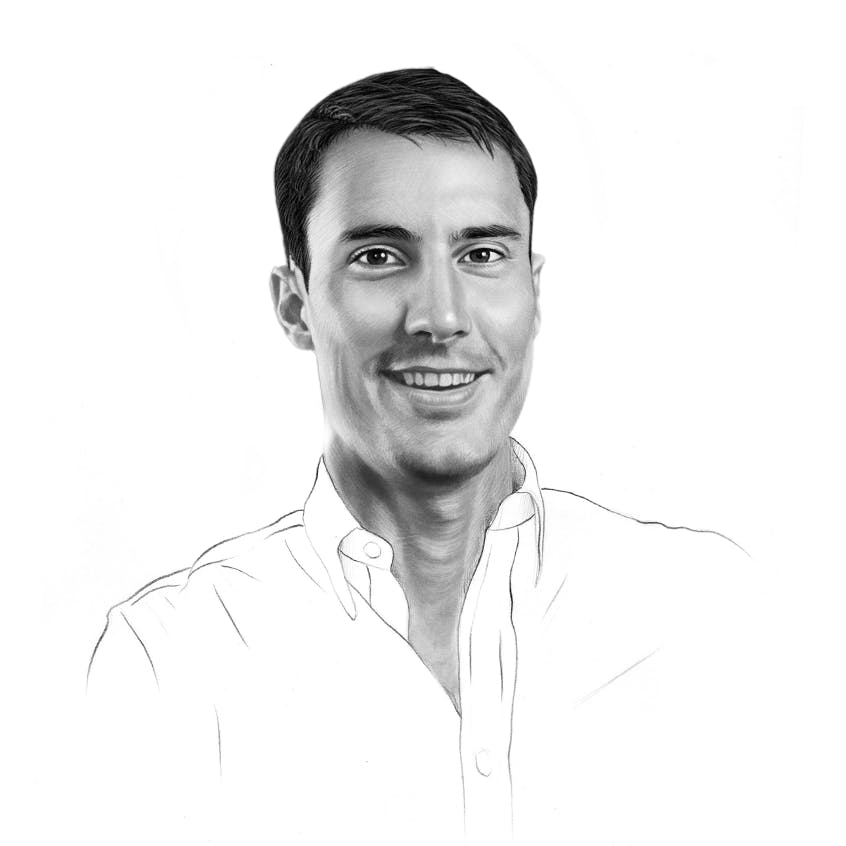
Those who only bet on winners will lose
Are your investments not performing as well as you would have expected? Then perhaps this is because you have concentrated on the winners.
If you look at investment funds, they have all performed well over the last few years. If you mix a few of them together to form a portfolio, you should see respectable returns overall. However, all investors who have done this in the past have a gut feeling that they have not done such a good deal. There is a difference between expectations and results. Why is that?
Good examples are dangerous
Perhaps because they focused too much on the positive examples. Like the engineers who worked for the Royal Air Force during World War II. Their bombers flew missions over the Channel almost every day, and many aircraft never returned, presumably shot down. The engineers decided to better armor the planes. To keep the aircraft from becoming too heavy overall, they had to choose just a few places to reinforce. So they examined the aircraft closely after each mission, counted all the bullet holes and measured them. Then they reinforced the armor in exactly those spots. Without success. The shoot-down rate remained the same.
Then came mathematician Abraham Wald, who turned the thinking on its head. His recommendation: «Armor the aircraft where there are no bullet holes. Because the bullet holes we see are not fatal. The planes come back, after all. Only the bullet holes we don't see afterwards are fatal.» This way of thinking finally helped.
The British engineers were not alone; they thought like almost everyone else. When making decisions, we like to follow examples that have turned out well. Since World War II, statisticians have called this error in thinking “survivorship bias”: our brains favor survivors. (And they forget those who were unlucky.)
Our brains only see the survivors
Could that be the reason why our investments are not performing as we expected?
Investment funds do not live forever either. Every year, funds cease operations. Occasionally, this is because they perform really badly and have to be closed. But more often than not, it is because they perform so poorly for so long that their clients leave. Most banks and other asset managers regularly close funds with less than $100 million invested – they are not profitable enough to run.
When you want to choose a fund, you only see the survivors. This is ensured by Fund Darwinism. It makes sense, because why would a provider market funds that no longer exist?
However, ignoring funds that have been closed in recent years is a costly mistake. In his 1995 study, Burton Malkiel was the first to quantify exactly how costly. To do this, he collected prices for all equity funds that were approved in the US between 1971 and 1991. That was a total of 239 funds. He then compared a portfolio consisting of all funds with a portfolio consisting only of funds that had survived at least ten of the twenty years.
The portfolio containing all funds achieved a return of 15.69 percent. The portfolio containing only survivors, on the other hand, yielded 17.09 percent. In retrospect, survivorship bias created a gap of 1.4 percent.
There is no question that we would all have preferred to invest in the second portfolio. But could you have predicted which funds would survive?
Invisible bullet holes therefore cost investors 1.4 percent in returns. Anyone who fails to consider this in advance due to survivorship bias will be disappointed by exactly this amount. This is not an exciting realization. But at least you now know that you need to scale back your expectations.
Turn your thinking on its head
The solution is simple. And it sounds almost as paradoxical as Abraham Wald's suggestion to armor the invisible holes. It is: don't make any predictions. Passive investing is the name of the game. Simply bet on everything and don't even try to predict what will work and what won't.
For years, there has been a highly efficient alternative to active investment funds. With ETFs, you can bet on almost any index in the world. During Malkiel's study, the broad US stock index S&P 500 gained 17.52 percent per year – almost two percent more than the portfolio with all funds.
Links
About the author

Oliver is one of the founders of Switzerland's largest online shops: the online retailer Galaxus and the electronics specialist Digitec. Together with Felix, he launched True Wealth AG in 2013.

Ready to invest?
Open accountNot sure how to start? Open a test account and upgrade to a full account later.
Open test account